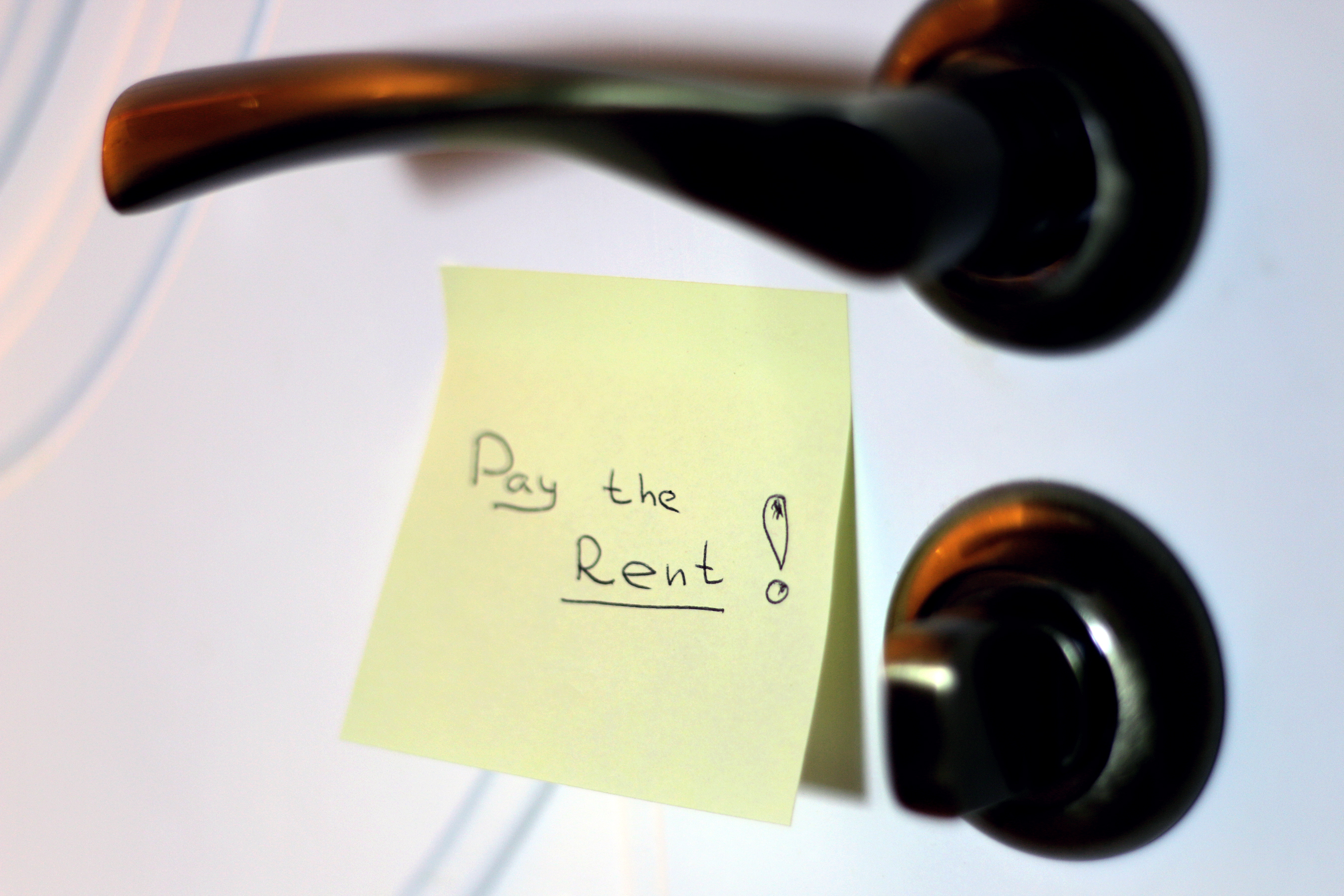
The current state of the national and local economy will likely lead to increased nonpayment of monthly charges by owners of cooperative and condominium apartments. The loss of income can affect the financial stability of a cooperative or condominium and, at least in the short run, the costs of unpaid maintenance or common charges must be borne by other owners. Therefore, it is important that boards have and enforce a clear policy as to payment arrears.
The procedures and effectiveness of legal remedies for nonpayment differ substantially as between cooperatives and condominiums.
Cooperative apartment owners are tenants for collection purposes, and unpaid maintenance may therefore be collected in a summary landlord/tenant “nonpayment proceeding” commenced on short notice. Such proceedings are, comparatively, expeditious. If a judgment for unpaid maintenance is not paid, the tenant-shareholder may be evicted and the cooperative may sell the shares allocated to the unit pursuant to the procedures of the Uniform Commercial Code. The cooperative is entitled to payment from the proceeds of any such sale ahead of lenders and other lien holders. The surplus proceeds of any such sale, after payment of all amounts due to the cooperative and other lien holders, are paid to the former tenant-shareholder.
Condominium collection procedures are much different and less effective. The unit owners are not tenants, and summary proceedings are unavailable. Instead, the board of managers has a lien on the unit for unpaid common charges and must commence either a foreclosure action that names as parties the unit owner and any other person or lien holder having an interest in the unit or an action for a money judgment. Most important, by statute, the board of managers’ lien is behind any first mortgage on a residential unit. The foreclosure judgment provides for sale of the unit, but the unit must either be sold subject to any first mortgage or the proceeds of sale must be paid first to the first mortgage holder, then to the board of managers, then to any other lien holders and, lastly, to the former unit owner. In instances in which the first mortgage amount, including any penalty interest or costs, is equal to or greater than the value of the unit – a particular risk given recent lax lending standards and falling apartment values – there may be little or no proceeds available to pay the board of managers. Condominium boards should therefore be especially vigilant in collecting common charges.
With respect to either cooperative or condominium apartments, a bankruptcy filing by the apartment owner may further delay enforcement proceedings and require action in the federal Bankruptcy Court.
The specific procedures required to collect unpaid charges from either condominium or cooperative owners in financial distress can be complicated and time-consuming. The above is only a broad outline of the procedures; there are many attendant issues that also have to be addressed. Boards should consult with their managing agent and counsel to develop and enforce clear policies to address payment arrears as they arise.
If you have any questions, please contact us.

